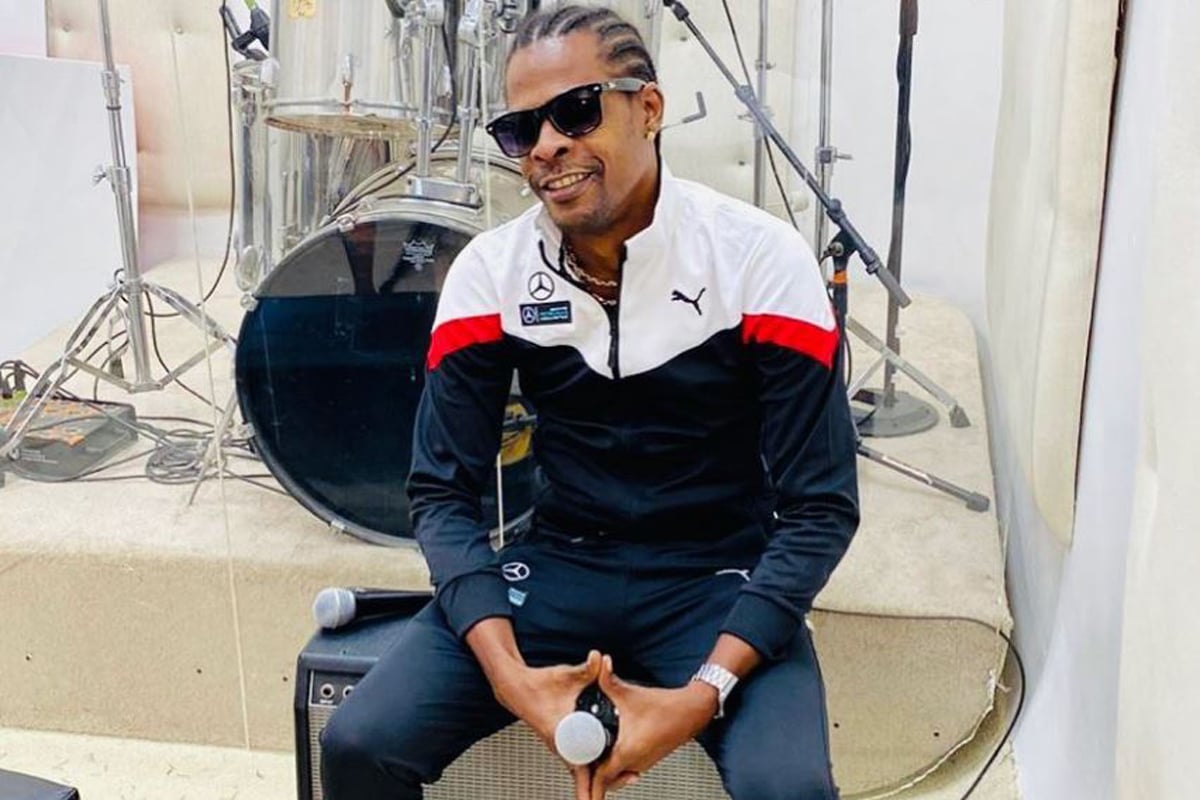Mr. Lexx Now “Comfortable” With VP Records After He Called Out Label Over ‘Unfair’ Contract

Over the weekend and admittedly after having had too much to drink, Full Hundred Dancehall artist Mr. Lexx called out a publishing deal he signed with VP Records more than 20 years ago, which gave the company full ownership of his masters.
In the now-deleted Tweet posted on Saturday, Mr. Lexx questioned the legality of the arrangement that allows the New York-based record label to own the publishing rights to 145 of his songs.
“How cruel is this? VP records is telling me they own the publishing for 145 of my songs for the rest of my life. Imagine the countless artists they did this to. Imagine how much artists died without a cent in their account and VP still collects their cheques. How is this legal?” the Mountain View native wrote.
VP Records did not immediately return DancehallMag‘s request for comment, but in a follow-up, Mr. Lexx revealed that his deleted tweet prompted the CEO of VP Records, Chris Chin, to reach out to him.
“Today (Monday) I had a meeting with CEO of VP Records Chris Chin who personally contacted me and tho I can’t mention in detail everything discussed I am happy to say we came an agreement which I’m comfortable,” he wrote in another Tweet yesterday.
Lexx continued, “with that want really reach the up coming artists when being approach with contracts ensure they have legal representation before signing anything.”
“Don’t write a statement wen u drunk 🤦🏾♂️ lol,” he added in a caption on Instagram.
https://www.instagram.com/p/CPSHjZolUBx/
VP released the Mr. Lex album, on June 20, 2000. That 20-track production featured Lexx’s most popular singles such as Get Wid It, Ring Mi Cellie, Full Hundred, Let Those Monkeys Out, Stress and Cook.
Mr Lexx’s initial lamentations came several weeks after international Dancehall superstar Sean Paul said the relinquishing of ownership of his music masters to VP Records and Atlantic Records more than 20 years ago, while still a budding deejay, though regrettable in the long run, was a means to an end.
Sean Paul said that at the time, like many of his Dancehall counterparts, there was no better option for him, although his signature gave the record labels control over much of the financial gains from his recordings and in effect, control over what is done with his songs. The Gimme Di Light artiste said that in making the decision to sign away his underlying rights at the time, he was always cognizant that he could and would make even greater hits after establishing himself as a mainstream artiste, as it was his voice, which was the ultimate asset.
The We Be Burning singer also encouraged younger artists who are considering engaging in music deals to not shy away from deals but look at the bigger picture.
“Don’t fraid a di VP, don’t fraid a di smaller distributors that would give you something now, because it’s a stepping stone,” he said.
In a November 2017 article published by ASCAP, titled The Truth About Recording & Publishing Deal Advances written by Eli Ball, CEO & Founder of Lyric Financial, the author said that record labels were taking significant financial risks by funding an artist, producer or songwriter.
He also said that key things to consider when negotiating include ascertaining how much money is actually guaranteed, recoupables and the true cost including what creative or ownership rights would the artiste be giving up for the advance.
“Do not assume that just because you are being offered a big advance that the deal is a smart play… Keep in mind that while your advance may be more money than you have ever had access to, it’s often a drop in the bucket for the record label or music publisher,” he stated.
In a Songwriter 101 article titled The Pros & Cons of Signing a Publishing Deal, performance rights company Broadcast Music Inc (BMI) noted that the “typical draw given to songwriters is considered an advance against the writer’s share of royalties payable under the agreement with the publisher and are essentially loans that will be taken back from the songwriters share as soon songs start generating income”.
“More importantly, unlike a loan paid back to a bank, even after you’ve made back the money to pay the publisher for the money they’ve invested in you, they will continue to own the publishing on your song and make income from it. In most cases, this is an arrangement that lasts for the rest of your life and then some (a copyright lasts for 70 years beyond your death)…,” BMI noted.
